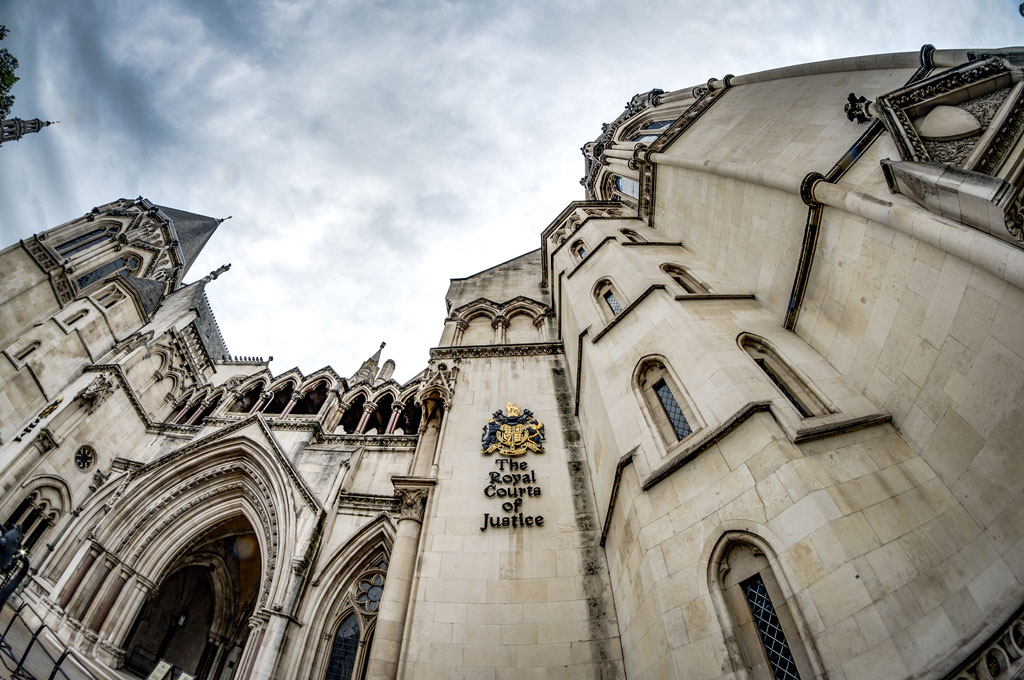
The administrative & legal failings of the Legal Aid Agency need urgent examination, says John Ford
For over 30 years I have run a small and effective legal aid practice in North London focusing on working for people who depend on legal aid for advice and representation in public law disputes, including education and community care. We survive by doing high quality judicial review (JR) and other work, for which we are rewarded appropriately by awards of costs from defendants who have let our clients down.
Most of our work is completed before the high cost case limit is reached, but over the years we have been unable to cope with the inadequate rates of pay and increasingly difficult stance taken by the Legal Aid Agency (LAA) in the assessment of legal aid and payment of our costs.
A third incarnation
The LAA is the third corporate incarnation of the publicly funded legal service in the last 30 years. Many of us remember the days when legal









